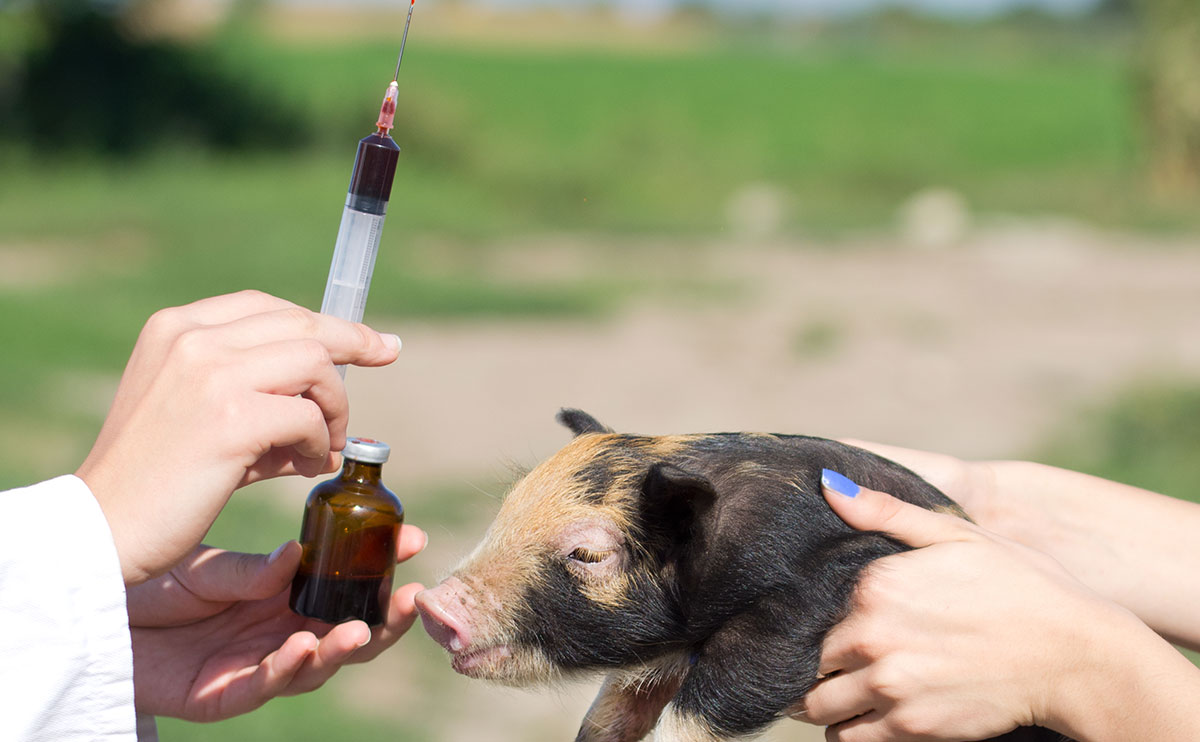
The global meeting of world-leaders, the G20, must recognise antimicrobial resistance in humans and animals, a new report urges.
The paper challenges global leaders to recognise the complexity of the antimicrobial resistance (AMR) challenge in humans and animals and role of agriculture has been circulated at the G20 Summit, which took place at Hangzhou, Zhejiang in China on 4 and 5 September.
The paper, submitted by the Responsible Use of Medicines in Agriculture (RUMA) Alliance and published in the International Chamber of Commerce G20 CEO Advisory Group’s “Business and Leaders” magazine, also asks the G20 to work with regulators and vets to develop bespoke solutions for farmers in each country so they can reduce, refine and replace use of antibiotics.
RUMA chair Gwyn Jones says that through the publication’s readership of 80,000 business leaders, it is hoped the article will place some much-needed context around the role of medicines in livestock farming.
"Resistance is a naturally-occurring phenomenon that develops as bacteria defend themselves against attack, so any antibiotic use can lead to resistance.
"In fact, resistant bacteria that are millions of years old, pre-dating modern medicine, have been found in the ice caps,” he explains.
"With AMR is very much on the G20’s agenda, it’s very important that global political and business leaders understand this and other complexities around AMR in terms of the causes, the role of antibiotics in humans and animals, and the challenges of tackling resistance sustainably and effectively."
He says antibiotics are used to treat or prevent disease in farmed livestock but in some countries outside Europe, are still used for growth promotion.
"They remain a vital veterinary tool to protect animal health and animal welfare and help us to continue to produce safe, quality food."
Improving hygiene
Mr Jones says the challenges to improving the responsibility with which antibiotics are used varies from country to country.
"In developed countries the barriers can revolve around supply chains, market pressure and communication.
"In developing countries, the focus is more on extended veterinary services to help farmers get the right medicine for treating their animals and to use those medicines at the right time and in the right way."
He adds that responsible use also means using antibiotics ‘as little as possible and as much as necessary’.
"In other words, managing farms to reduce the risk of infection by improving hygiene, using good quality feed, giving the animals access to fresh water, using vaccines and controlling the movement of animals and people into and around the farm through good biosecurity practises."
